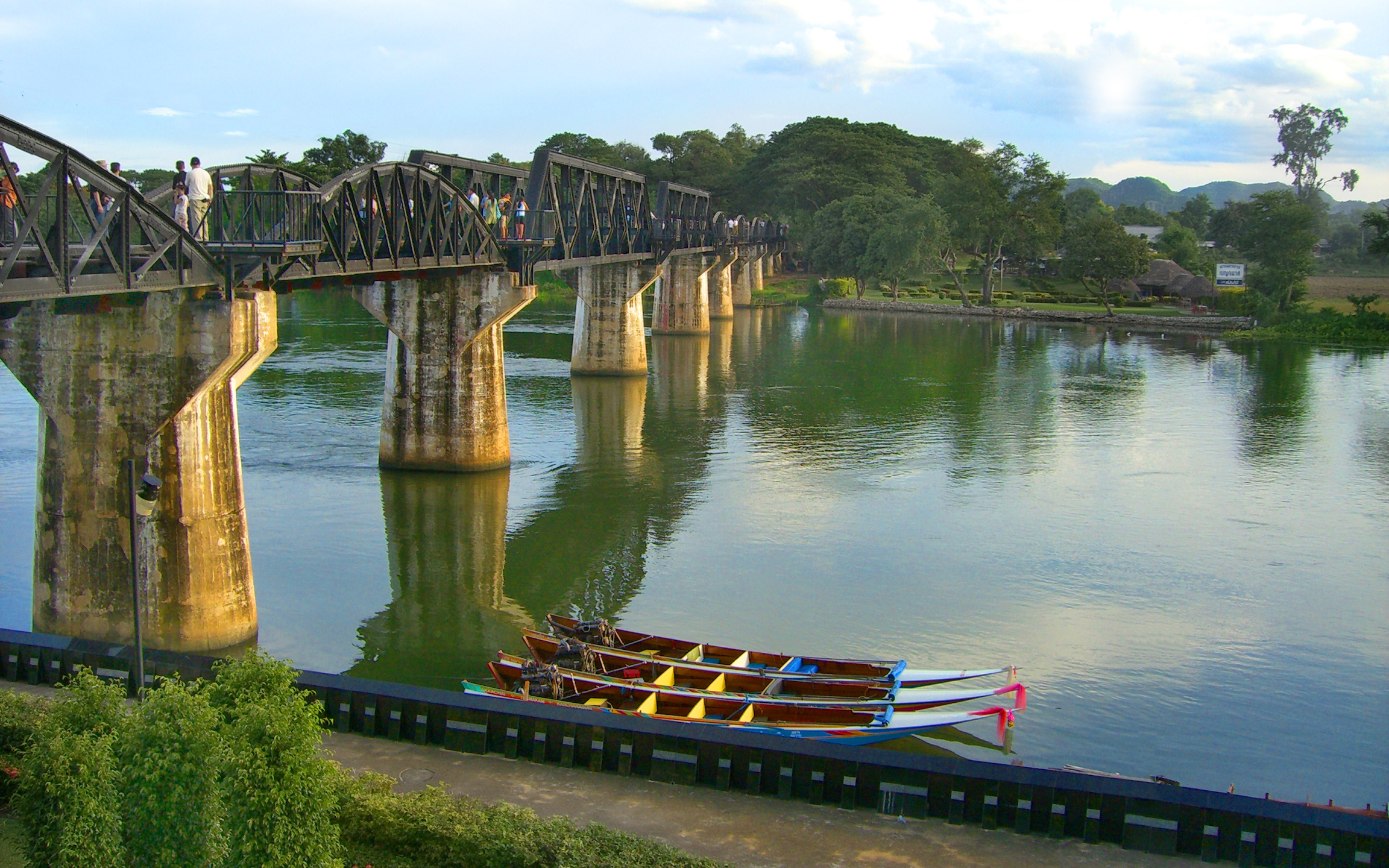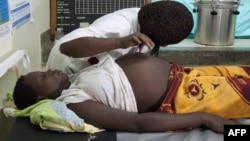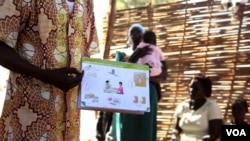barryqwalsh
Gold Member
- Sep 30, 2014
- 3,397
- 250
- 140
You would need a heart of stone not to have been moved by the little Aids-ridden choristers. We sat under a mango tree, before a dancing-space of packed red earth, and what a preposterous delegation we were. There was Mr Rod Liddle, the big white chief of the Today programme, not looking especially kempt. There was Vicky Scott of Unicef, and there was your correspondent, addressed repeatedly by the pleasing title of ‘Mr Honourable Johnson’. And as we sat in our armchairs, as though at some durbar, the choir formed in a semi-circle before us: dozens of tiny children in lacy, embroidered dresses. Their parents were almost all dead, and on some of the children you could see the twin tendons already standing out at the back of the neck — a symptom that the disease is moving to its close.
The Boris archive: Africa is a mess, but we can't blame colonialism | Coffee House
The Boris archive: Africa is a mess, but we can't blame colonialism | Coffee House





